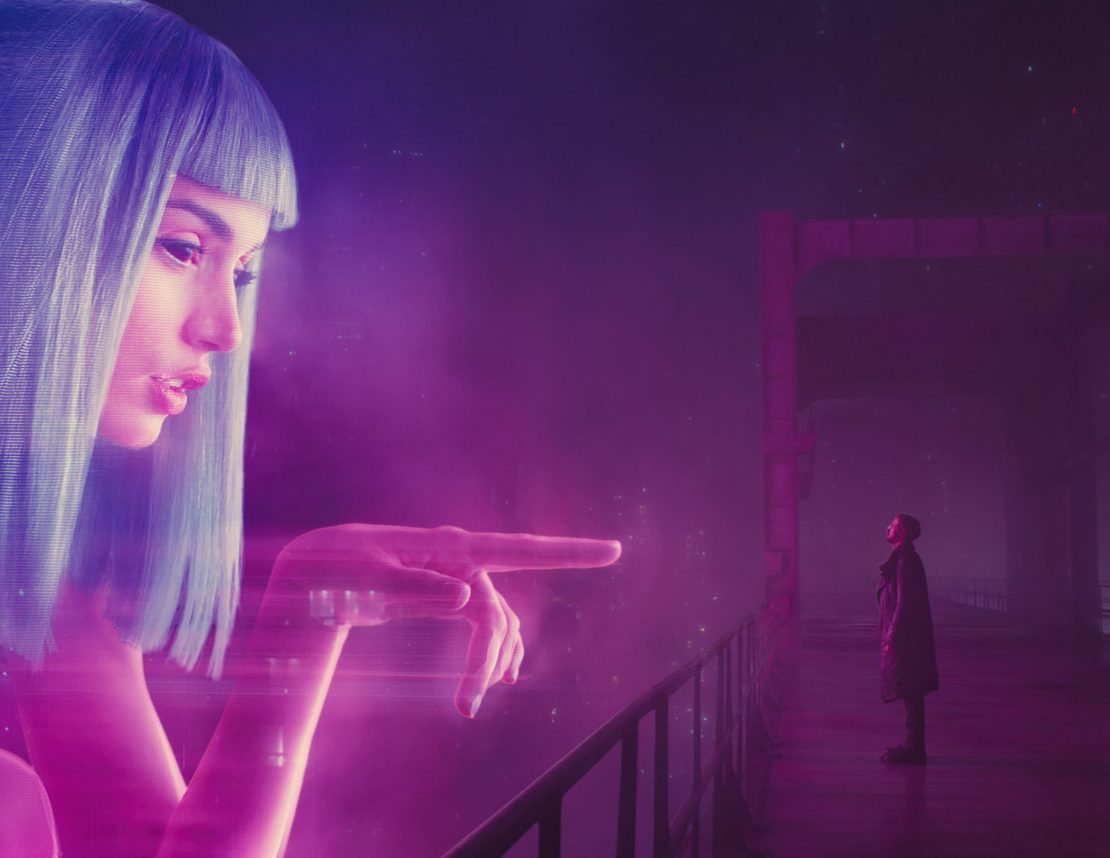A federal judge in the U.S. ruled that a piece of AI-generated art cannot receive copyright – a decision that could have major implications for Hollywood production houses and record labels.
The lawsuit, first reported by The Hollywood Reporter, was brought against the US Copyright Office by plaintiff Stephen Thaler, in an attempt to list his own AI system as the sole creator of an artwork called “A Recent Entrance to Paradise”. Thaler has previously filed other lawsuits related to AI inventions, such as listing his AI machine as an inventor in a patent application.
District Court Judge Beryl A. Howell ruled that copyright law has “never stretched so far” as to “protect works generated by new forms of technology operating absent any guiding human hand.” She said humans are an “essential part of a valid copyright claim” and “human authorship is a bedrock requirement of copyright.”
What degree of “help” from AI in creation might still allow for copyright remains an open question.
Judge Howell also acknowledged that we are on the verge of “approaching new frontiers in copyright,”, which will inevitably raise complex questions concerning the level of human involvement required for copyrighting art or music generated by AI.
The judge cited the famous “monkey selfie” case – David Slater and People for the Ethical Treatment of Animals (PETA) were at loggerheads for years over who owns the rights to the famous “monkey selfie” taken by a curious macaque in 2011, using Slater’s equipment. The two parties eventually settled but the court also found that non-humans don’t have any legal authority for copyright claims.
The decision might still sound alarm bells for Hollywood studios over a contract dispute they are facing with striking actors and writers. The TV and film writers’ union has been striking since May 2 after the WGA did not reach a new contract agreement with the Alliance of Motion Picture and Television Producers, which represents 350 major studios and streamers. AI is a key issue in the strike, amid concerns that studios could use the technology to write screenplays or reproduce actors’ likenesses. But if studios can’t gain copyright protections over any work produced by AI, there’s no incentive for them to invest in such projects.
The use of AI-generated background actors in Disney+’s WandaVision has become a major point of contention in the ongoing strike, raising concerns over consent and potential job displacement for real actors. Multiple reports claim that studios have already utilized technology to replace background actors with digital avatars in upcoming movies, such as “Captain America: Brave New World” and Netflix’s “The Residence.” Some actors claim that studios did not give them a chance to opt out of the scan, as it was a requirement for the hiring process.
Background actors fear that they might be the first in the industry to become obsolete due to AI, as studios may favour digital replicas over hiring physical actors for non-speaking roles.




